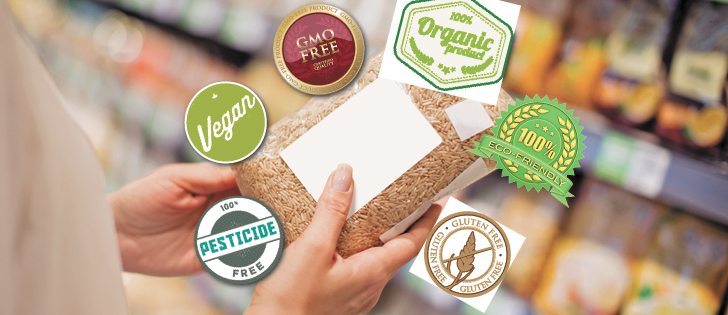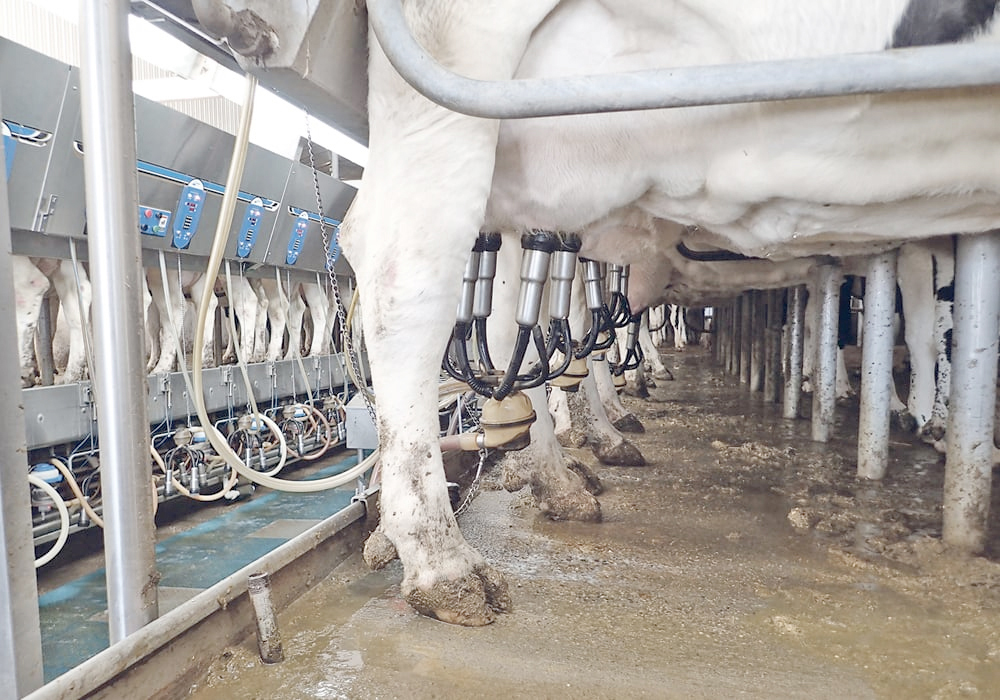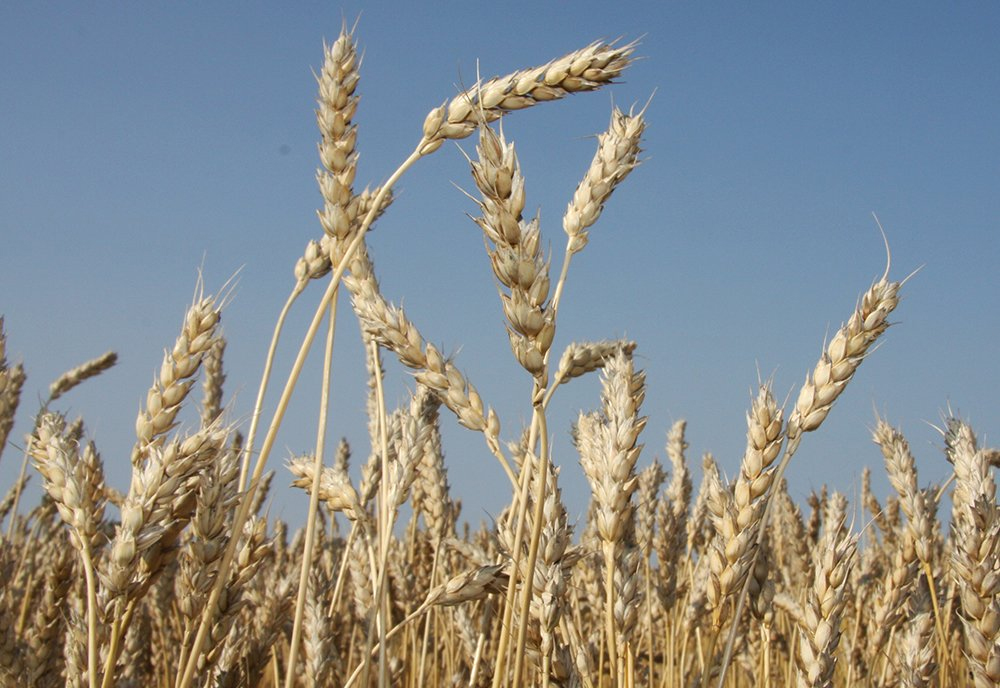The gluten-free diet was all the rage, but as consumer interest wanes, food makers brace for the next craze
The gluten-free fad is fading, but bakers and millers must keep their eyes peeled for the next trend, says Canada Bread’s Connie Morrison.
Even if fads fade, new ones arise and breadmakers need to be ready with products to meet consumer demands.
“Consumers are fickle. Consumers don’t necessarily listen to science. It’s anybody’s guess what’s next,” said Morrison at the Canadian Global Crops Symposium.
“Gluten-free here is frankly on a pretty steep decline.”
From 13 percent of Canadian households saying they were trying to follow a gluten-free diet at the height of the craze a few years ago, now it’s only five to six percent.
Read Also

Saskatchewan throne speech promises strong economy
Saskatchewan’s legislative agenda for the coming year will focus on meeting the challenges of new world trading relationships, said the speech from the throne.
This follows a pattern of fads that has rocked the food industry in recent decades, with trends like low-carb roaring in, drawing millions of consumers into alternative diets, then dissipating.
Canada Bread, a subsidiary of Mexico’s giant Grupo Bimbo, owns many well known brands of breads and baking products, such as Dempster’s. It operates bakeries across Canada.
During the latest craze it developed a gluten-free bread, but it has been phased out in most of the country and is now available only in Western Canada.
It also developed vegetable-based and high-protein breads, but with limited commercial success. The high-protein bread never got beyond prototype stage.
The veggie bread “did really well, then kind of petered-out,” said Morrison.
It’s hard to alter basic bread-making formulas without damaging bread texture, and the consumer likes bread the way it is in terms of taste and chewability.
However, Morrison said the bread industry must keep on its toes to meet developing trends.
For instance, snacks have grown in importance to a point that people now consider a substantial snack as almost another meal. Bread products need to work for this meal.
Morrison said the gluten-free fad probably wasn’t based on consumers having legitimate health problems with gluten itself.
However, consumers aren’t necessarily wrong in believing they are having trouble consuming wheat.
“We don’t know what it is. We don’t think it’s gluten. We think there’s something there that’s creating sensitivity,” said Morrison.
“There’s something going on in consumers’ guts,” said Morrison.
To counter that problem Canada Bread helps fund research and development of wheats and breads that don’t cause sensitivities, she said. With luck,breeders will be able to develop wheat varieties that don’t provoke tummy troubles.
















